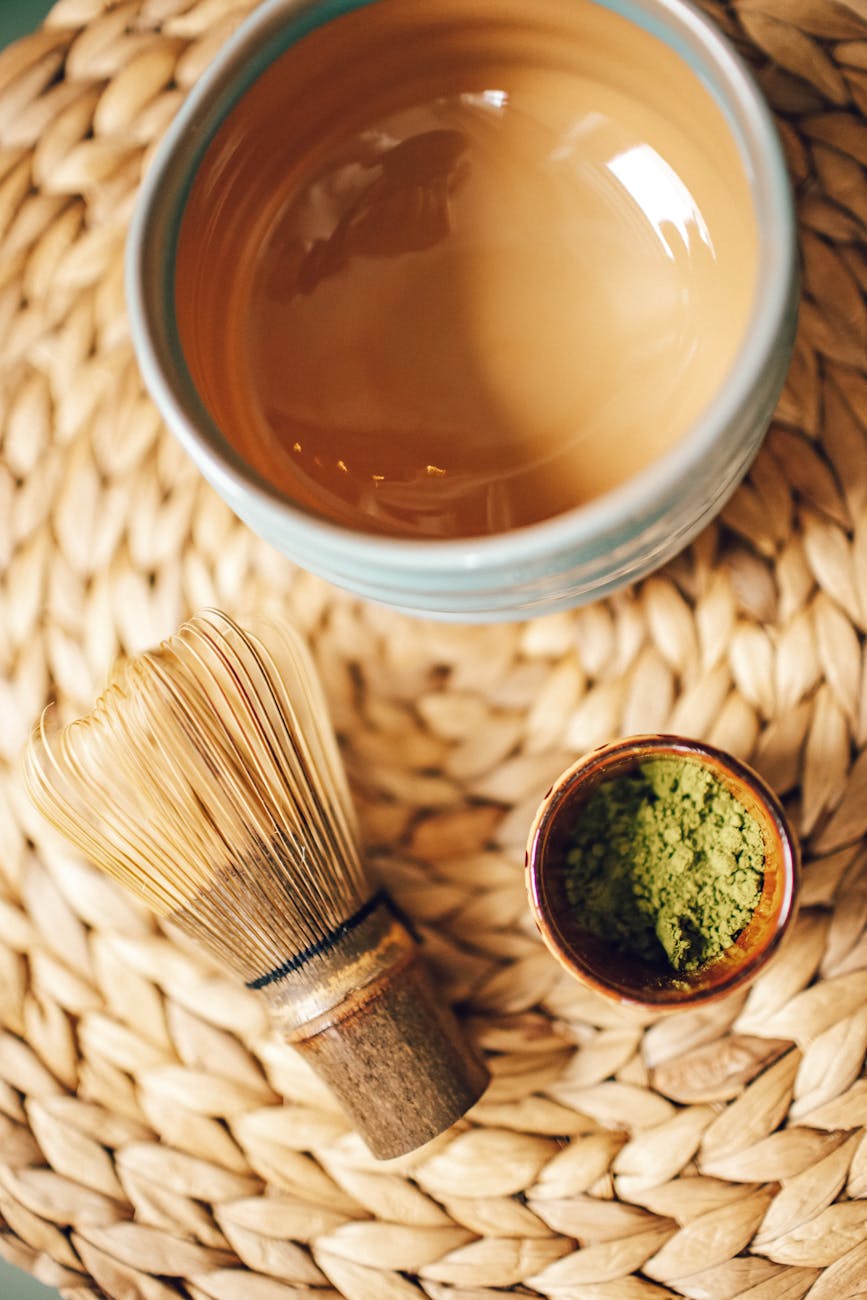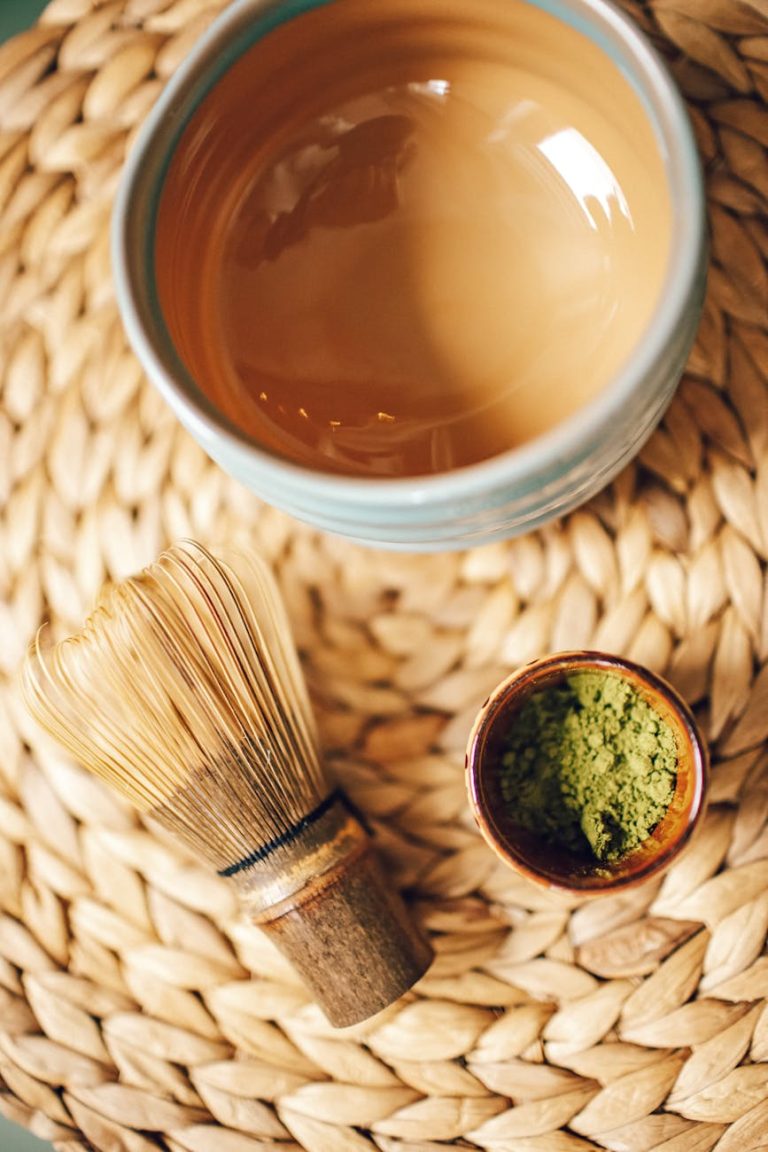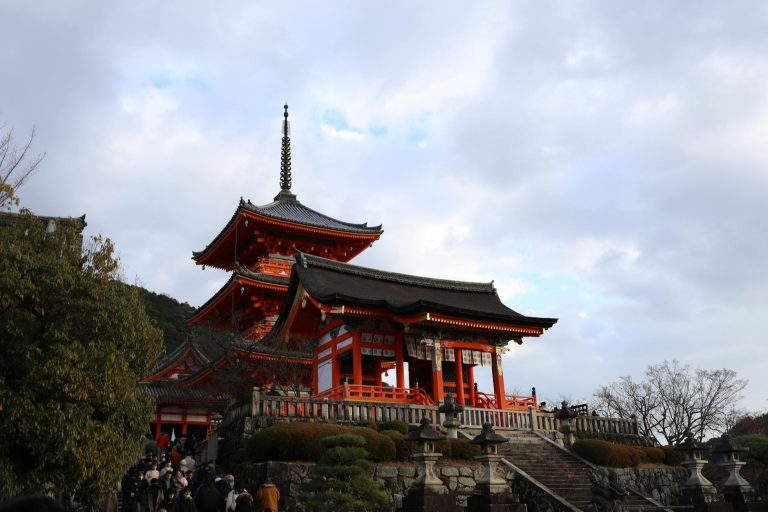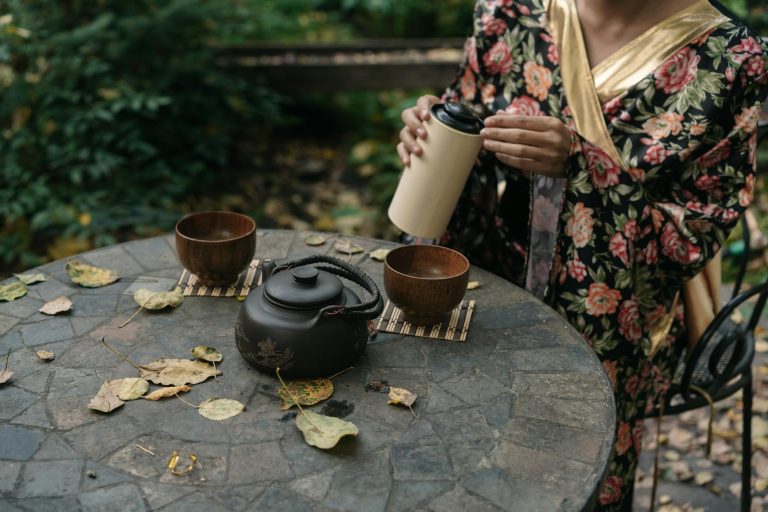
Have you ever felt like your mind is racing a million miles a minute? Picture this: you’re sitting on a tatami mat, surrounded by the serene beauty of a Japanese garden. The world outside fades away as you focus on your breath. Sounds dreamy, right? This isn’t just a scene from a movie; it’s a glimpse into the profound world of mindfulness deeply rooted in Japanese culture.
Now, let’s dive into the fascinating history behind this practice. The origins stretch back centuries, with influences from Zen Buddhism that emphasize being fully present. It’s like a time machine that takes you back to simpler moments, where the hustle and bustle of modern life doesn’t exist. Imagine sipping matcha tea while listening to the gentle rustling of leaves—this is mindfulness in action!
So, what exactly makes these ancient techniques so effective? Well, it’s all about tuning into the present. When you engage in traditional practices like Zazen (seated meditation), you’re training your mind to let go of distractions. And trust me, it’s not as easy as it sounds! You might find yourself drifting off to your grocery list or that Netflix show you need to catch up on. But here’s the kicker: even when your mind wanders, acknowledging those thoughts without judgment is part of the journey.
Want to give it a shot? Here are a few practices that can easily fit into your daily routine:
- Shikantaza: A form of meditation where you simply sit and observe your thoughts without trying to control them.
- Forest Bathing (Shinrin-yoku): Immerse yourself in nature. Just walking through a forest can be meditative!
- Tea Ceremony (Chanoyu): This isn’t just about drinking tea. It’s a ritual that emphasizes mindfulness in every action, from preparing to sipping.
But wait, let’s not forget about the emotional side of things. It’s not only about the techniques but also how they make you feel. Many people report experiencing reduced anxiety and increased emotional resilience. It’s like having a superpower for your mind! Wouldn’t it be fantastic to tackle life’s challenges with a calm demeanor?
And before you think this is all zen and no fun, let’s add a twist! Imagine hosting a mindfulness dinner party where you practice gratitude before each meal. You share what you’re thankful for and focus on the flavors of the food as you eat. It’s an experience that nourishes not just your body but your spirit too.
As you explore these practices, remember that mindfulness isn’t a destination; it’s a journey. It’s about the little moments—like feeling the sun on your skin or the sound of laughter echoing around you. So, what will you choose to focus on today?



